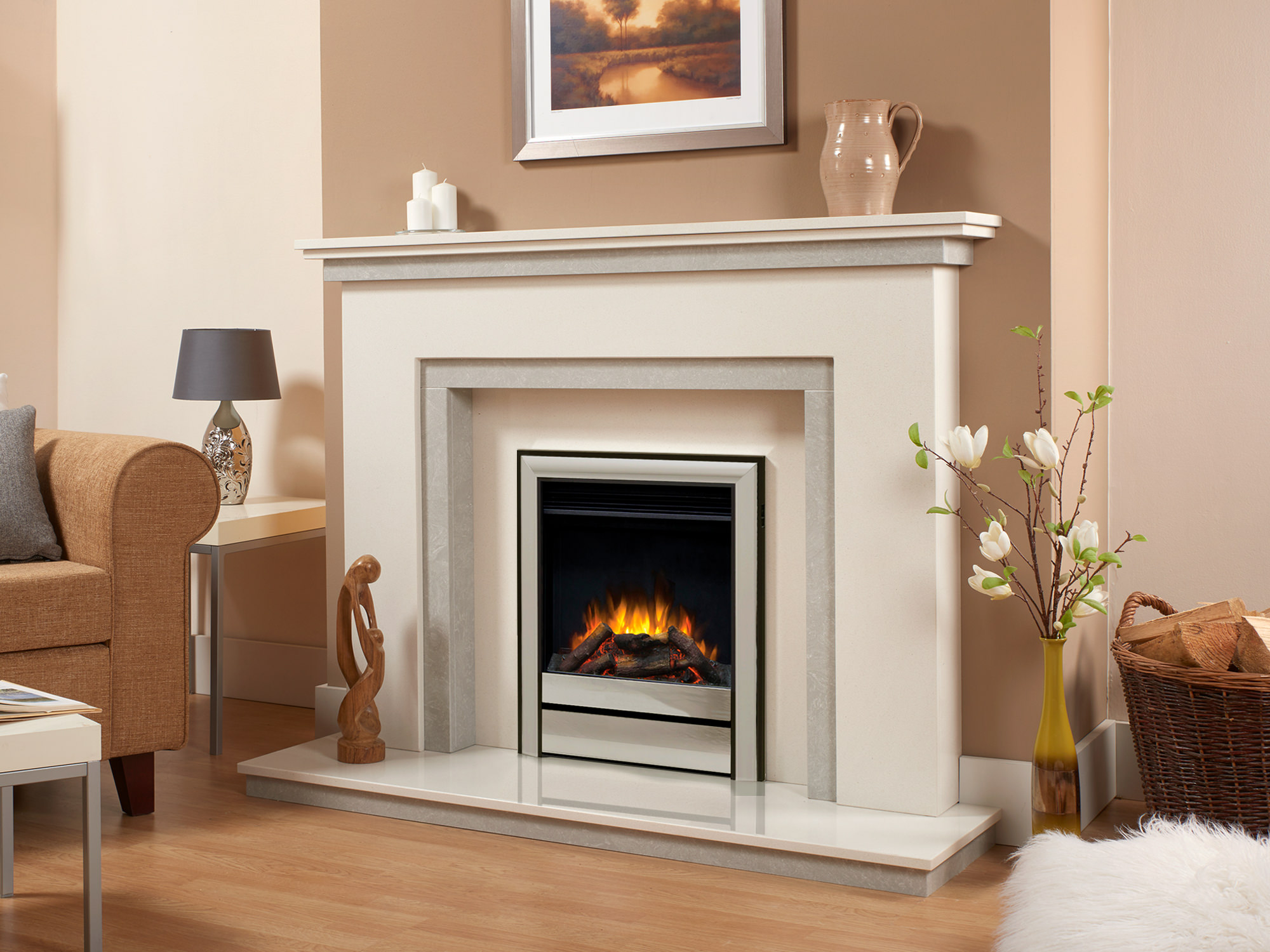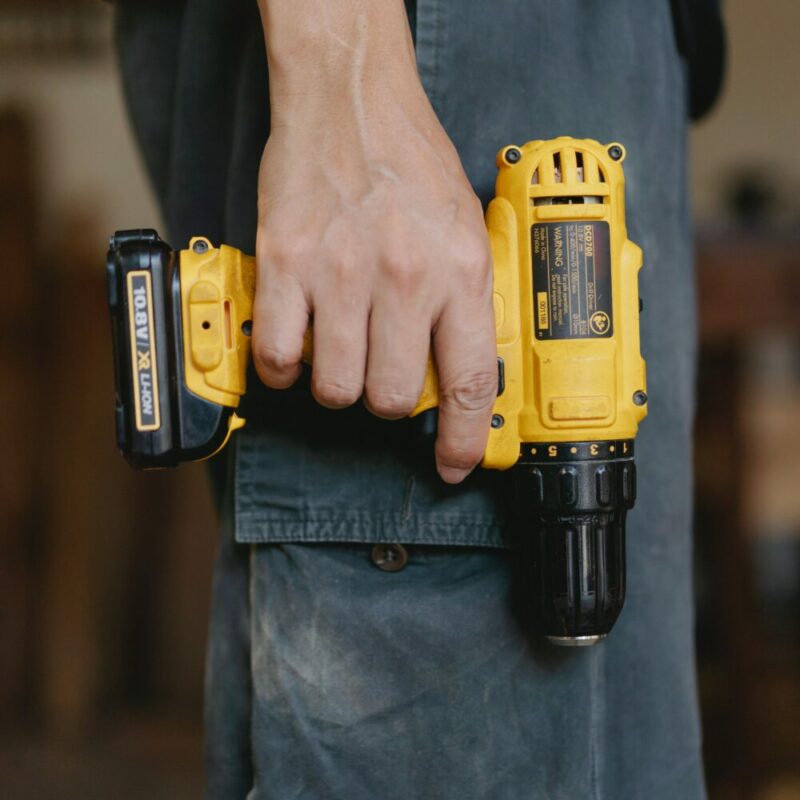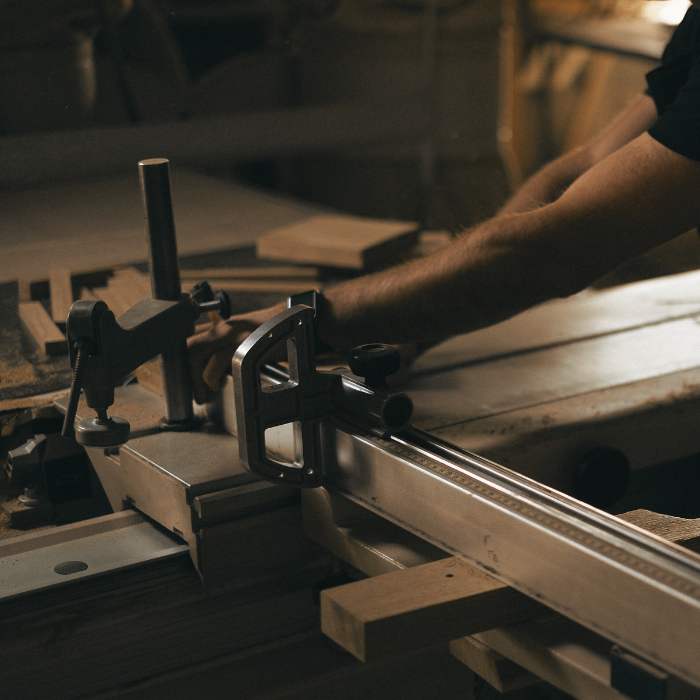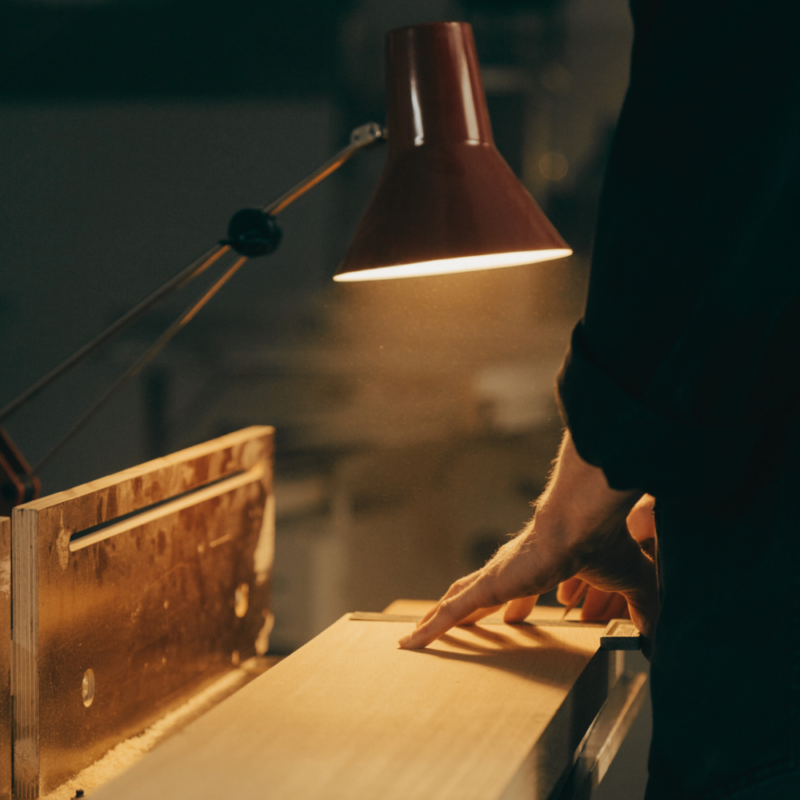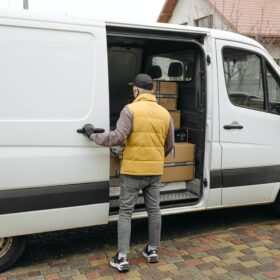Tips
Our Essential Tips to Check a Gas Safe Engineer is Legit!

Table of Contents
Gas safety legislation came into play in the UK in October 1998; the act was called the Gas Safety (Installation and Use) Regulations (1998). This act combined two earlier rulings (1994 and 1996) into a purposeful act that requires a valid certificate to prove compliance.
While the name is not imaginative, the purpose was to save lives. Regulations came in to protect tenants and ensure all gas appliances are installed and maintained safely, protecting them from the risk of injury or death due to gas or carbon monoxide escape.
Further legislation in 2018 went further and stated that each appliance and flue must be inspected for safety within 12 months of installation and then annually thereafter. More importantly, for this post, the regulations state that a person approved by the Health and Safety Executive (HSE) carries out the gas check and that a record of each check is kept and retained for a period of 2 years from the date of that check.
As a side note, landlords who don’t comply with the regulations can be prosecuted, fined or put in prison. So this is serious stuff and must not be taken lightly, especially if you are a landlord, but also for anyone who has gas appliances, like natural flame gas fires, in their home.
Check a Gas Safe Engineer – Are They Gas Safe Registered?
Now, here’s the thing: the Gas Safe engineer must be registered with the HSE; there’s a handy link that might help. The Gas Safe Register offers a find-a-local-engineer service where you can find a registered engineer by inputting your postcode.
Anyone can check a gas safe engineer has credentials on the HSE website. By inputting the engineer’s licence number, you can double-check the legitimacy of your engineer and check their qualifications.
You can also check a gas safe engineer is registered by texting “Gas” and the engineers seven digit licence number to 85080. You’ll then receive a text message confirming if the licence card number is registered.
What Qualifications Does Your Gas Safe Engineer Have?
Gas engineers are professionals in a government-regulated job, which means engineers need the right kind of certifications and qualifications to work. It takes 3-plus years to become a Gas Safe engineer, and there are many different levels available in gas engineering, many of which focus on a specific type of gas appliance. Therefore, regular training and updates are required to ensure they comply with all up-to-date regulations.
The gas engineer completes their training by passing two specific qualifications – ACS in gas and Gas Safe registration, which takes us back to the HSE website. So, the short answer to the question – How can I Check a Gas Safe Engineer is Legit? Check their qualifications by asking them for an ID Card and comparing that to the list of engineers on the HSE website.
Things To Look For In A Reliable Gas Safe Engineer
Although we would like to think so, not all gas engineers are made equally. Admittedly, they are not usually born with a set of spanners in hand, but most engineers know that they want to be Gas Safe engineers early on; sometimes, it runs in the family, and other times, plumbers transition into Gas Safe engineers. Here’s how to spot a keeper.
The first way that you should check a Gas Safe engineer prior to them starting any work is to request their ID in order to ensure they are legally qualified to work with gas.
Any legit engineer will be only too happy to show you their ID. Check both sides of their Gas Safe card for the following:
- A recent photo.
- Their licence number.
- A registration start date, as well as an expiry date.
- Double-check for a security hologram.
- The business details for which the engineer works.
Remember to check the back of the card for a list of the procedures and jobs the engineer is qualified to carry out.
Check a Gas Safe Engineers’ Reviews
Any Gas Safe engineer or business that you employ should also have excellent reviews. You can check a gas safe engineer has their company listed with reviews by simply typing their name, and company name into a search engine. There are plenty of great resources available online for investigating the level of satisfaction of previous customers.
In some cases, you may be able to talk to previous clients, especially if you have lots of expensive work carried out.
Insurance and Gas Safe Engineers
Gas Safe engineers are often subcontracted by another business. For example, letting agents must use a qualified Gas Safe engineer or company of engineers to carry out annual gas safety certificates. Subsequently, the letting agent will ensure the engineer is qualified and legitimate.
Equally, fireplace companies subcontract to gas engineers for fireplace installation. This is another handy way to check a gas safe engineer, as the contractor and subcontractor will have professional liability insurance. Always ask if they are insured because uninsured engineers should not be employed.
Carbon Monoxide Testing
Carbon monoxide is a poisonous gas that will bring on serious illness or kill you if you breathe it in. Fire and appliances that burn gas, wood, oil or coal make carbon monoxide, and there have been many reported cases of death in the UK and abroad that have made Carbon Monoxide escape testing a major part of a Gas Safe engineer’s job.
While the Gas Safe test is annual, it is a good idea to install an additional Carbon Monoxide alarm discreetly close but not too close to the gas fire or wood burner.
The same can be said for smoke alarms. A legit Gas Safe engineer will test smoke alarms as part of a gas safety certificate, but it is not part of their remit to install them. Wired smoke alarms are installed by an electrician, and battery-operated alarms can be installed by anyone and should be tested regularly.
Smoke and Heat Alarms
Here’s what the fire service says about smoke alarms:
Firstly, it is useful to know the difference between a smoke alarm and a heat alarm. Smoke alarms detect smoke, while heat alarms detect smoky or steamy atmospheres and only react when the room or area reaches a certain temperature.
The fire service goes on to say, don’t fit a smoke alarm on your landing or in the hall; fit them in any room where a fire can start. However, smoke alarms are not suitable for kitchens. Instead, use a heat alarm. Fitting a heat alarm where you cook will warn you if the temperature in your kitchen is such that it can cause a fire but will not be set off by cooking fumes or steam.
Interlining alarms is a good idea so that when one alarm detects a fire, they all sound a warning alarm, alerting you to fire wherever you are in your home. This can be particularly useful if a person has mobility issues that can delay their escape by alerting them to a fire as quickly as possible.
As previously noted, mains-powered alarms must be installed by a qualified electrician. An electrician could also fit extra automatic ‘fire suppression’ systems such as sprinklers. Sprinklers are a great idea to help you escape quickly.
Safety is the best gift you can give to your family, so take it seriously and only employ a legitimate Gas Safe engineer.

